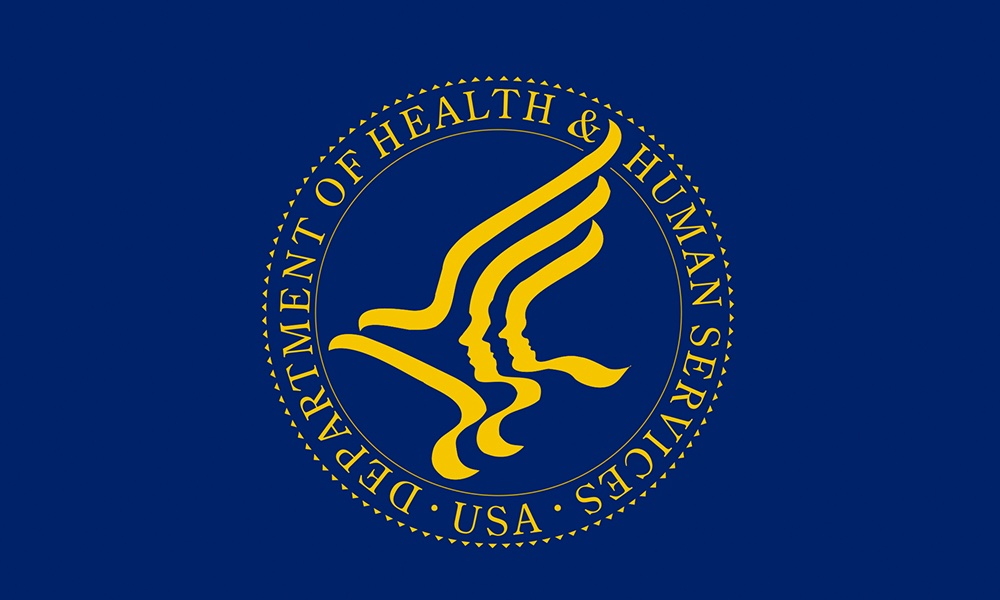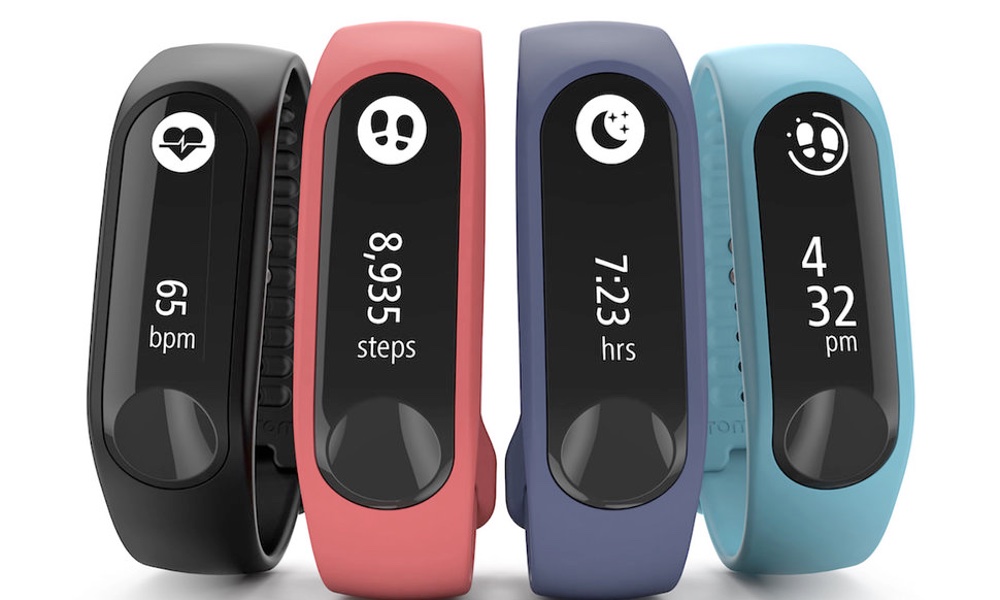Major depressive disorder affects nearly 7% of the adult population in the US, a number that is steadily rising. In addition to poor emotional well-being, depression causes serious functional impairments in work, family, social and sexual roles. Diagnosis often occurs months after the onset, which is unfortunate because delayed diagnoses can mean poorer prospects for recovery.
But, now, a breakthrough has led to the first blood test for diagnosing major depressive disorder in adults. By measuring the level of nine different molecular markers, the test not only provides a scientific diagnosis, but also helps predict who will benefit from cognitive behavioral therapy.
“This clearly indicates that you can have a blood-based laboratory test for depression, providing a scientific diagnosis in the same way someone is diagnosed with high blood pressure or high cholesterol,” researcher Eva Redei, said in a statement. “This test brings mental health diagnosis into the 21st century and offers the first personalized medicine approach to people suffering from depression.”[The] test brings mental health diagnosis into the 21st century and offers the first personalized medicine approach to people suffering from depression.
Depression has been diagnosed by subjective reporting of symptoms. The symptoms — sad mood, fatigue, sleep disturbances, change in appetite — are very general and may actually be the result of stressful life events or other medical conditions.
Other therapeutic areas rely increasingly on objective tests for diagnosis, but the diagnosis of depression and other psychiatric conditions rely mainly on subjective reports of symptoms, an overall limitation in modern mental health practices.
Comparing blood tests of depressed and healthy individuals, researchers at Northwestern University's Feinberg School of Medicine identified nine markers that were significantly elevated in the depressed population.
After 18 weeks of treatment (face-to-face and telephone therapy sessions), patients who no longer showed signs of depressive symptoms had at the same time reduced blood levels of these markers. Those who continued to feel depressed and showed depressive symptoms did not exhibit the same reductions.
The ultimate goal is to use these blood markers to identify a predisposition to depression long before it occurs. We know that there are genetic and environmental factors that predispose one to depression, but it is currently impossible to know who will actually go on to develop the disorder.
This is particularly important because early or even pre-emptive treatment may help prevent the poor outcomes observed in patients with untreated or recurrent depression.
Next, the researchers intend to use the test to screen a larger population of patients and see if it can differentiate between depression and other psychiatric conditions that overlap in symptoms, such as bipolar disorder.
The study is published in Translational Psychiatry.




